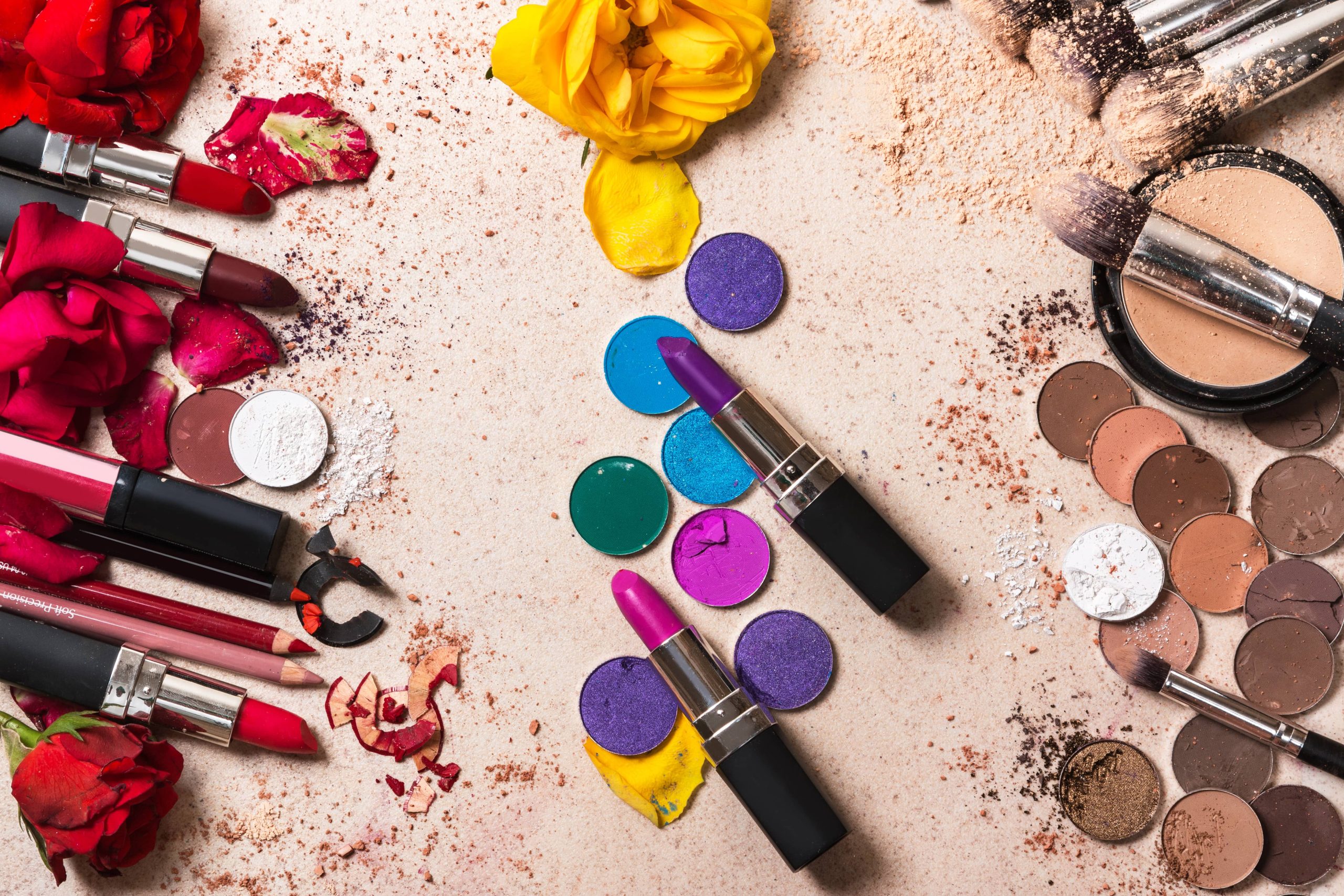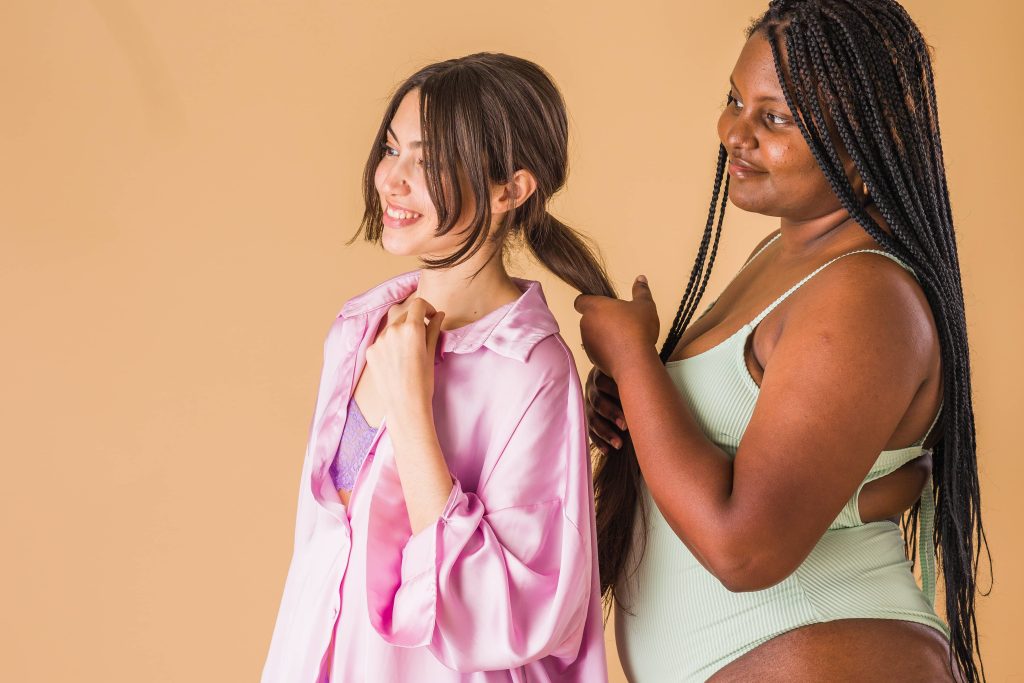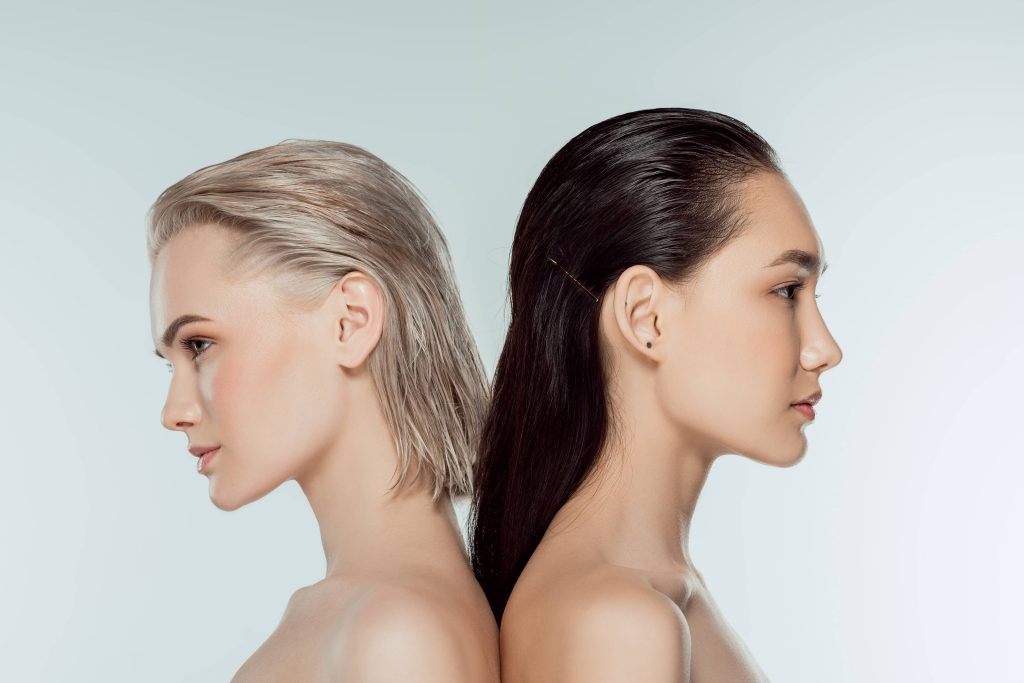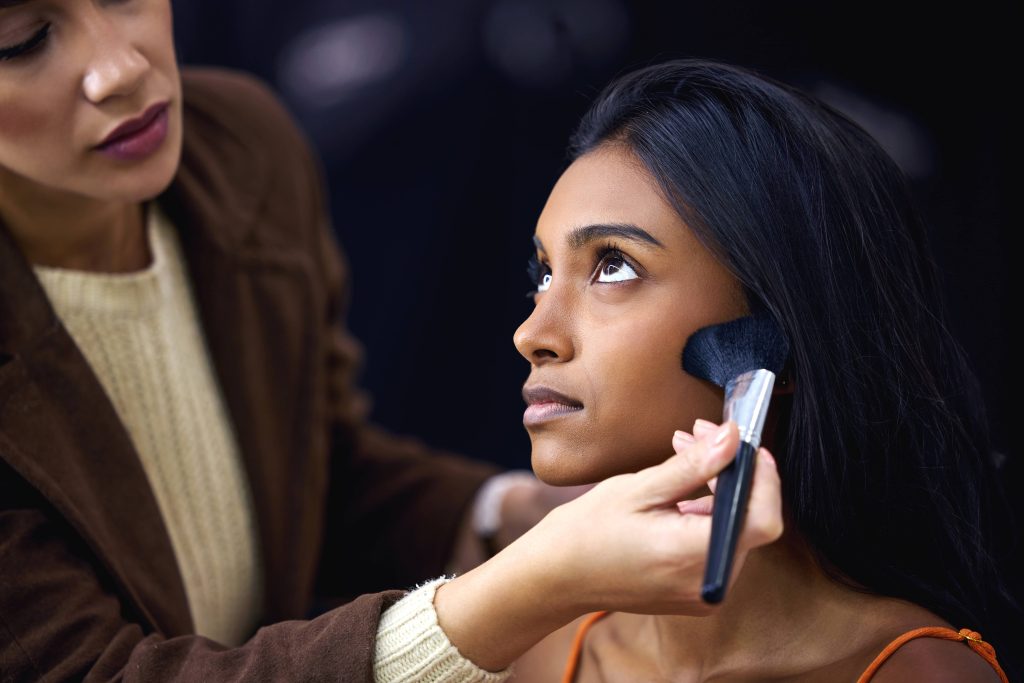
In recent years, the beauty industry has undergone a seismic shift. Once celebrated for luxurious packaging and glamorous marketing, many beauty brands are now under scrutiny for a lack of transparency and questionable ethical practices. Consumers are becoming increasingly aware and concerned about what they put on their skin, and as a result, there is a growing movement towards ethical and transparent beauty brands. This shift is not just a trend but a profound transformation, driven by conscientious consumers who demand more than surface-level beauty.
The beauty industry has historically been criticized for its lack of transparency, particularly in regards to ingredient sourcing and production processes. Many conventional beauty products contain an array of synthetic chemicals, preservatives, and additives, some of which may have adverse effects on health and the environment. Understanding these concerns, a new breed of beauty brands has emerged, prioritizing ethical sourcing, sustainable practices, and transparent communication. These brands are dedicated to creating high-quality products that are not only safe for consumers but also environmentally conscious.
Ethical beauty brands focus on sourcing ingredients responsibly, ensuring fair trade, and supporting local communities. This involves using natural and organic ingredients obtained through fair-trade practices, which directly benefit farmers and workers in developing regions. For instance, brands like Lush and The Body Shop have long emphasized their commitment to fair trade and sustainable sourcing, advocating for better working conditions and fair wages for their suppliers.
The movement towards transparent beauty doesn’t stop at ethical sourcing. It extends to clear and honest communication about product ingredients and their effects. Consumers have a right to know what is in the products they use, and transparency builds trust. Brands that embrace transparency list all their ingredients clearly on packaging and provide detailed information about each component’s role. This allows consumers to make informed decisions and identify potential allergens or irritants. Additionally, many ethical beauty brands are eschewing animal testing in favor of cruelty-free certifications. By doing so, they cater to a growing audience of consumers who are against animal cruelty and actively seek products that align with their values.
Authenticity is another pillar of this movement. Transparency is not simply about ingredient lists but encompasses honesty in advertising, avoiding overly filter-dependent marketing that sets unrealistic beauty standards. Companies like Glossier and Fenty Beauty encourage their customers to embrace their natural beauty and offer products designed to enhance rather than conceal. Their campaigns highlight real people with diverse skin tones and types, creating a more inclusive and authentic representation of beauty.
Sustainability plays a significant role in the ethics of contemporary beauty brands. As consumers become more eco-conscious, they demand products that are not only effective but also sustainable. This encompasses a range of practices, from using biodegradable packaging to minimizing carbon footprints during production. Brands like Love Beauty and Planet are leading the way in this area, using recycled materials for packaging and partnering with environmental organizations to offset their carbon emissions. Meanwhile, smaller indie brands, such as Herbivore Botanicals, emphasize sustainability through minimalistic, reusable packaging and commitment to small-batch production to reduce waste.
Moreover, consumers are beginning to support smaller, independent beauty brands for their transparency and ethical standards. Many indie brands have made it their mission to challenge the status quo by prioritizing ethics and sustainability from the outset. Because these brands often operate on a smaller scale, they can take bold steps towards innovation and transparency that larger companies may struggle to implement quickly. Rǽdical Botanicals and OSEA Malibu are perfect examples of such brands that have built strong customer bases through authentic storytelling and a commitment to sustainability.
Education is a vital aspect of this movement, as consumers increasingly seek to understand the intricacies of cosmetic ingredients and label terminology. Beauty bloggers, influencers, and educators advocate for better ingredient transparency and help decipher complex beauty jargon for their audiences. As a beauty blogger, I advocate for educating consumers on ingredients like parabens, sulfates, and artificial fragrances, and the potential impacts these can have on health and the environment. Consumers want to know the origins of these components and why they are used, and they are ready to support brands that align with their values.
Social media also plays a crucial role in propelling the movement towards ethical and transparent beauty brands. Platforms like Instagram and YouTube provide beauty brands with opportunities to connect authentically with their audience, sharing their ethos and behind-the-scenes production processes. Social media also allows consumers to share their experiences and reviews, holding brands accountable for their claims and ensuring that companies adhere to their promised principles.
The movement toward ethical and transparent beauty brands is not just a fleeting trend but a lasting evolution in the industry. As more consumers demand sustainability, ethics, and transparency, beauty brands need to adapt or risk becoming obsolete in this new era of conscious consumerism. By supporting brands that prioritize ethical practices, transparent communication, and sustainability, consumers can drive meaningful change within the beauty industry.
In conclusion, the journey to ethical beauty is about embracing responsibility, authenticity, and transparency. As we move forward, let’s continue to champion beauty brands that put people and the planet first. By doing so, we can create a more inclusive, sustainable, and honest beauty industry for future generations. After all, true beauty extends beyond the surface and starts with ethical choices we make today.



